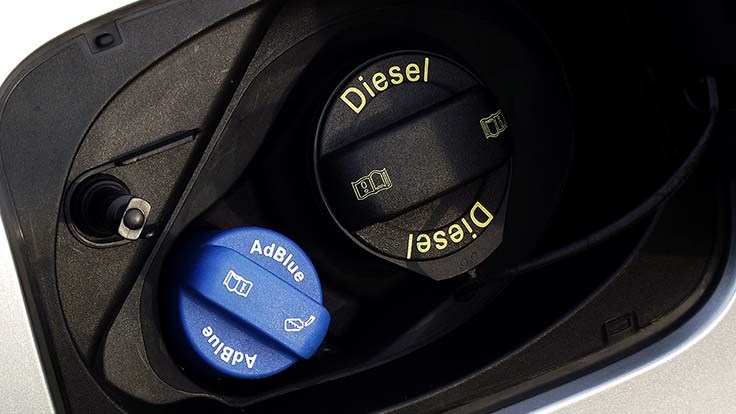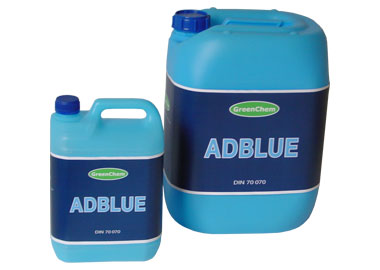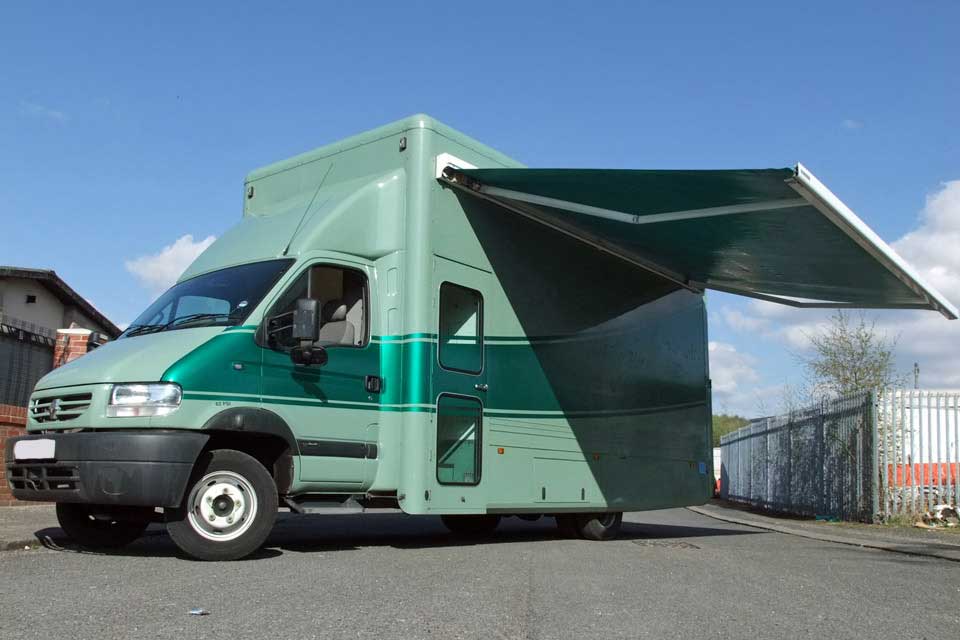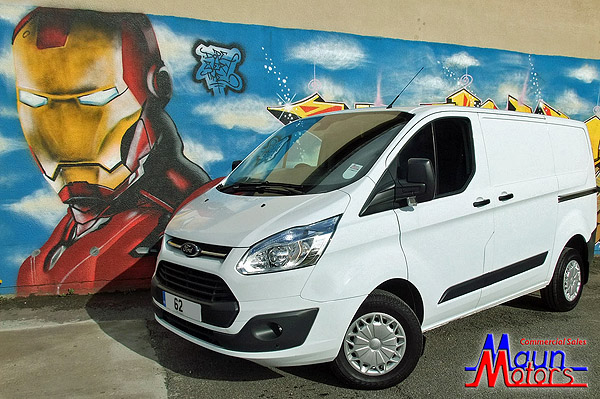Diesel Engines AdBlue and You
It's all about Euro Standards and those nasty exhaust emissions produced by your diesel engine...

Modern diesel engines fitted to vans, trucks and cars now feature "Selective Catalytic Reduction" technology (SCR) - to reduce harmful exhaust emissions to meet today's stringent Euro 6 emission standards.
As part of this process, diesel exhaust fluid 'AdBlue' is injected into the catalyst of the SCR system (part of the exhaust system), where it triggers a chemical reaction with the ammonia and converts the harmful toxic Nitrogen Oxides (NOx) into Nitrogen (N2) and steam (H2O). (Steam - water vapour and nitrogen are naturally occurring gasses that are harmless to the environment). In Euro 6 vehicles AdBlue works in conjunction with the DPF (Diesel Particulate Filter) in a van, car or lorry to lower overall emissions.
AdBlue is also known outside of Europe as DEF, ARLA 32 or AUS 32. It is a highly purified colourless liquid containing demineralised water and urea (32.5%). It is and safe to handle; non-toxic, colourless, odourless and non-flammable.
These days - Renault, Peugeot, Citroën, Volkswagen, Mercedes Benz, Ford, Toyota and all major manufacturers all produce vehicles equipped with SCR technology that requires the use of Adblue.
Ad-Blue is contained in a separate dedicated tank to the fuel and is injected directly into the exhaust gases.
It is not a fuel, nor a fuel additive. The size of the AdBlue® tank fitted to your vehicle will vary depending on which vehicle you have, therefore the interval between top-ups will vary. In addition, many factors such as mileage, journey type, driving style and environmental conditions can influence how much AdBlue® is consumed.

Important Information
AdBlue® is not a fuel additive. That is why there is a separate AdBlue® tank.
If you put AdBlue® in your fuel tank by mistake, do not start the engine, but contact your dealer for help.
Put only AdBlue® in the AdBlue® tank; do not fill the AdBlue® tank with any other liquids.
Prevent anything from contaminating AdBlue®
If small quantities of AdBlue® come into contact with the vehicle's paintwork, (for example), wipe them off and if necessary rinse the area with water.
There's some great information regarding AdBlue on the TotalEnergies website .











